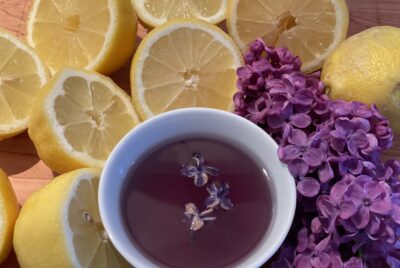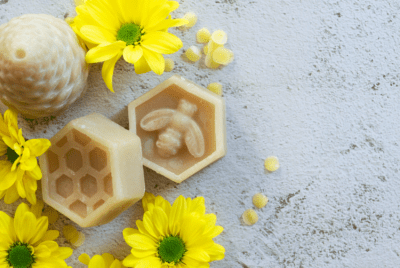RESEARCH
Residents’ Use and Perceptions of Residential Care Facility Gardens: A Behaviour Mapping and Conversation Study
Summary
This study explored how older adults living in residential care facilities (RCFs) used and felt about their gardens. Researchers visited two gardens that residents had previously rated highly for their restorative qualities out of a total of 87 RCFs. They observed 11 residents (eight women and three men, with an average age of 86) during their visits to the gardens on five different occasions. The researchers used a method called behaviour mapping, where they made notes on maps about who was in the garden, what they were doing, and for how long. They also took field notes and had recorded conversations with the residents in the gardens to understand their thoughts and experiences.
The researchers wanted to understand how the residents used the gardens and what they perceived during their visits, especially in terms of relaxation and sensory stimulation. They were also interested in what might help or prevent residents from going out into the garden, such as weather or design features. By combining their observations and the residents’ own words, the study aimed to show how important gardens are for the well-being of older adults in care facilities.







